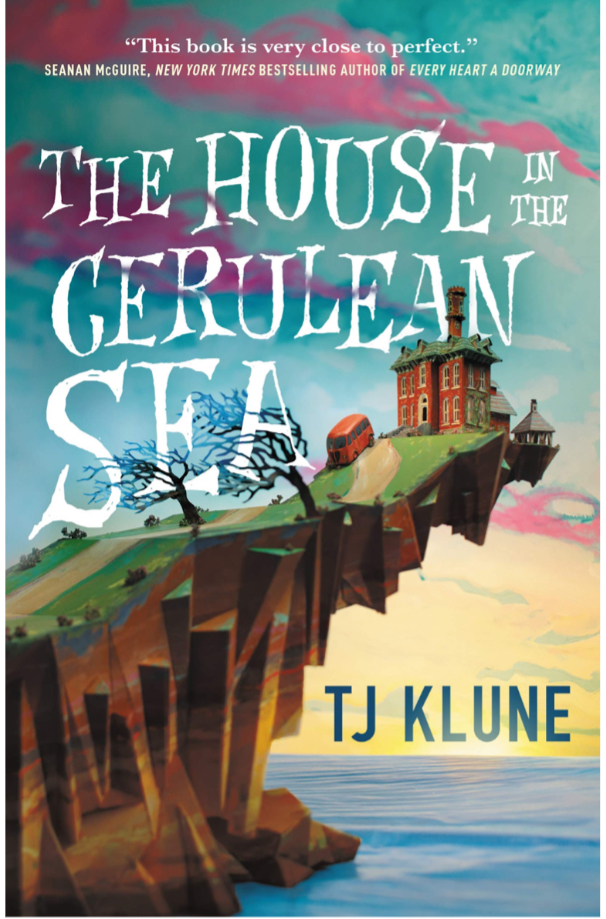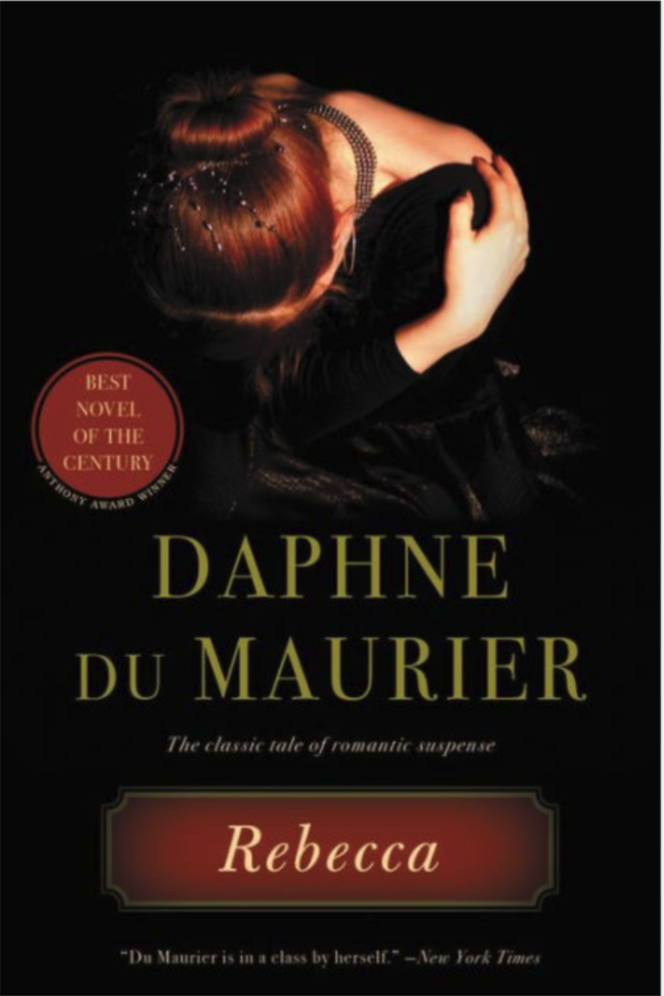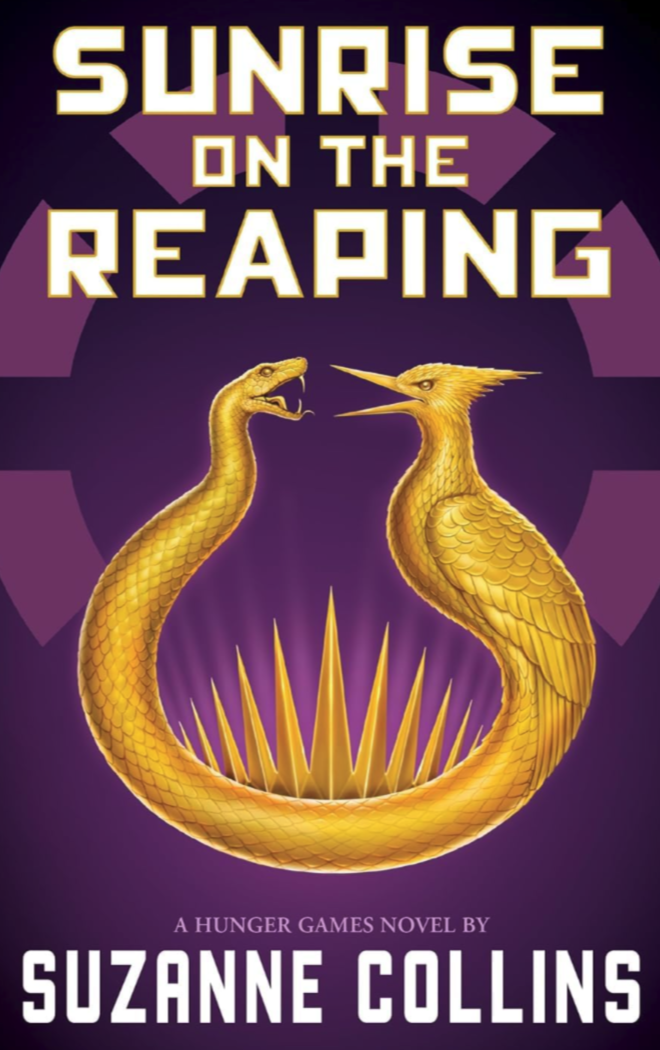The book illustrates a perfect scene as the long, winding road climbs up a hill. At the end of the path is a whimsical, lopsided house perched on a cliff overlooking a cerulean sea. Here, children with abilities beyond one’s wildest imagination stay in an orphanage under the care of Arthur Parnassus. The House in the Cerulean Sea, a New York Times and USA Today bestseller, takes the reader through the most heartwarming moments as uptight case worker Linus Baker is assigned a top-secret case by the Department in Charge of Magical Youth (DICOMY).
Linus Baker is a middle-aged man whose best friend is his cat, Calliope. His life is illustrated as relatively monotonous; he takes the bus to work, types an endless summary on a new orphanage’s eligibility, and somehow always manages to forget his umbrella during heavy rain showers. Every night before bed, he reads the Rules and Regulations handbook of his workplace… for fun. Linus has a tendency to adhere closely to the rules, even in the most dire of circumstances. When assigned to the small island of Marsyas, he investigates and eventually determines whether or not this orphanage should remain open.
This book was a hard read for me, even without considering its 416-page length. As someone who usually enjoys heavyweight, emotional novels, I felt like this book was quite the opposite. I would describe it as an attempt at a comforting, low-stakes fantasy, almost like a warm blanket wrapped in metaphors and quirky characters. The storyline relies heavily on its cozy, almost predictable plot—Linus’s transformation from a rigid rule-follower to a man who opens his heart to the magical children and their unconventional caretaker— felt a little too neat, lacking the depth and internal conflict I typically search for in a character arc.
That being said, there were several times where the book made me laugh silently with Linus at the frivolities of it all—the children, Mr. Parnassus, and the magic. The phrase “found family” perfectly encapsulates this story, especially when the reader realizes Linus’s journey is as much about his profession as it is about his awakening to the idea that family doesn’t always look conventional. Instead, it is found in the small moments: shared meals with family, silly games, late-night talks, and the fierce defense of one another’s right to be loved under unconditional support.
Overall, for those seeking an escape from the real world, The House in the Cerulean Sea offers exactly that—a gentle, magical space where kindness wins and even the most mundane people can make extraordinary choices. While its sweetness and simplicity may not resonate with readers who prefer more complex and emotionally demanding narratives, there is undeniably a sense of refuge found in its message, forcing the reader to view the characters in another light: in a world often filled with fear and division, choosing compassion is an act of quiet rebellion in itself.
For books similar to The House in the Cerulean Sea, I would recommend Six of Crows by Leigh Bardugo or any other novel by TJ Klune. Not only do they fail to disappoint, but they also transport the reader into the world of finding family within relationships that are not bound by blood, but by loyalty and friendship.








